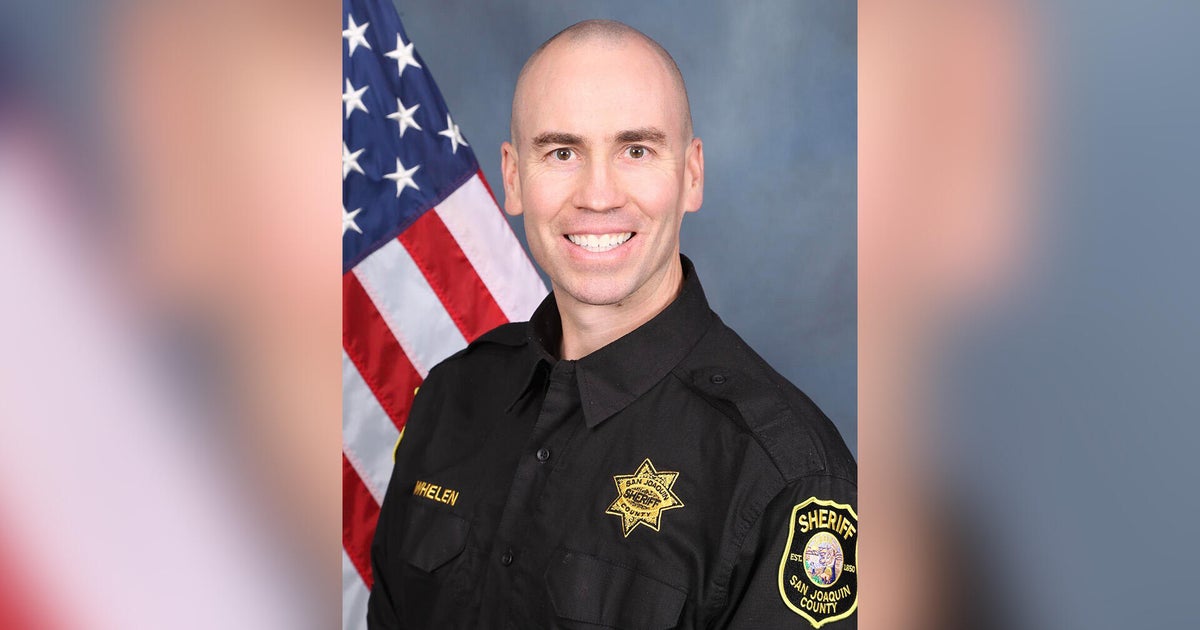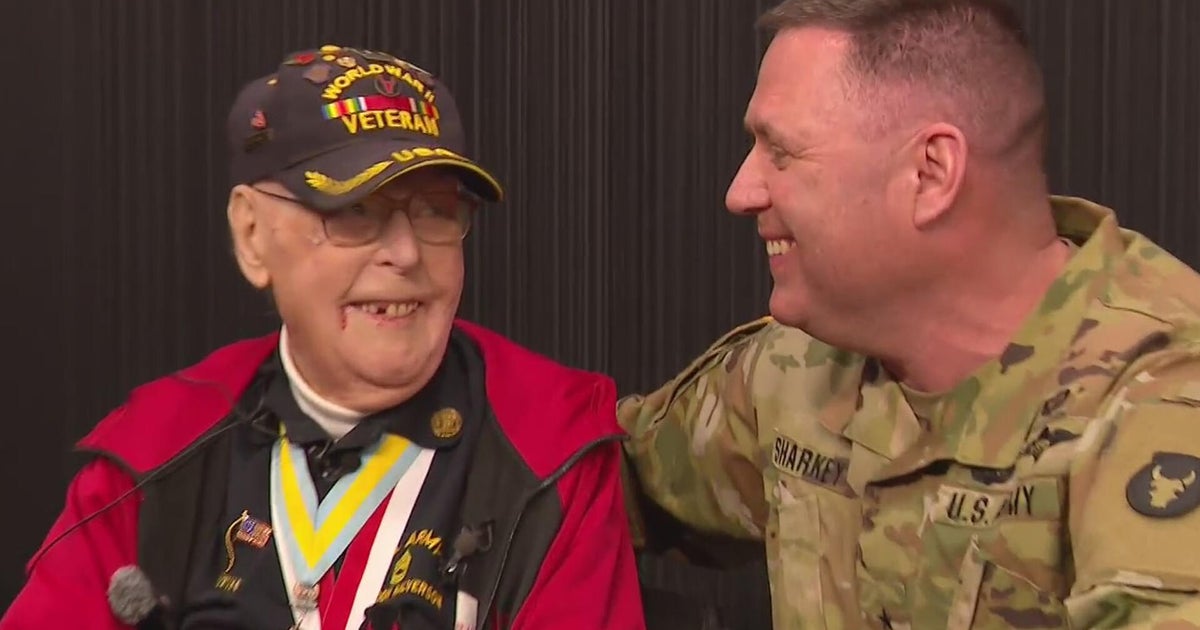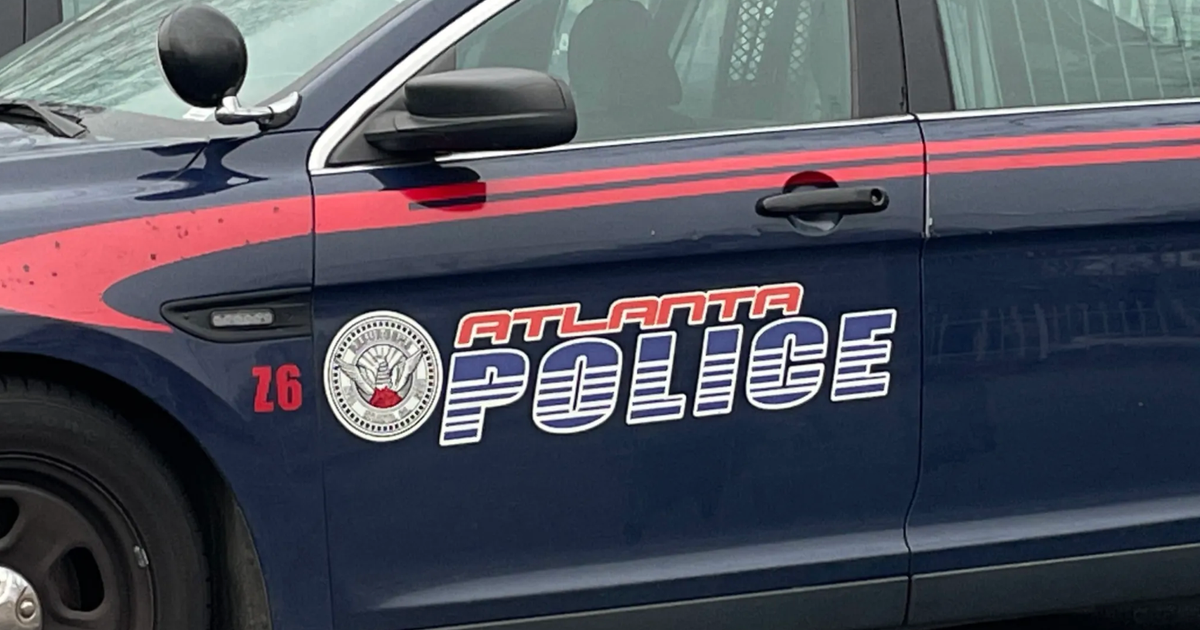How does donated blood make its journey to those in need?
CHICAGO (CBS) -- You may remember Kennedy Parker - a bright, smiling 24-year-old from Homewood whom we profiled during her valiant fight against cancer.
Parker died in 2020, but her mother has worked to honor her memory and help others through efforts like blood drives. When we last talked to her, it got us thinking - what is the journey to turn those well-intentioned donations into lifesaving blood ready to use in an emergency?
Here's the answer.
At 9 a.m. sharp on a Monday, Tommy Nevitt was doing exactly what he has done for the last 11 years. He loads up desperately-needed deliveries.
As CBS 2's Marie Saavedra reported, Nevitt is an integral part of how blood gets to the people that need it in Chicagoland, as a driver for the American Red Cross.
"There's life in these boxes that I'm carrying," Nevitt said.
But let's back up, and look at the journey blood takes from your arm to Nevitt's truck. The first thing to know is how much those donations matter, according to manufacturing director Raul Mora.
"The need is constant," Mora said, "and if people don't donate, it only takes a couple days - and it can really bring the inventory way down."
So let's say you kindly give of your supply at a Red Cross blood drive in our area. Afterward, your blood hits the road right away.
Smaller tubes are sent to St. Louis.
"What they'll do is they'll test for all the disease markers that the FDA requires us to test for," Mora said.
The rest of it travels either northwest to Madison, Wisconsin, or southwest to Peoria - where the donation is processed into red blood cells, platelets, or plasma.
If St. Louis says the sample is healthy, it's shipped back to Chicago - or anywhere it's needed nationally.
"I have to be stocked by either Peoria or Madison. Those are my primary suppliers," Mora said, "but then I get product from all over the country."
In the city, the product is labeled and sorted as Red Cross staffers fill orders from 22 hospitals in and around Chicago - requesting all types of blood. It goes into cardboard boxes, and on the sheet for Nevitt and other driver's deliveries.
"When I get there, they're waiting for it," Nevitt said. "They grab it, go right to the operating room, and use it."
It's easily 200 to 300 miles a day - but imagine you are on the other side, in need of that blood. You'd be grateful for every person who made it possible - from the donor, to the driver, to you.
"People don't know how important it is - but I do," Nevitt said.
In Chicago, the American Red Cross Rauner Center distributes about 4,600 blood products every week. The majority of that is red blood cells - about 3,000 a week.








